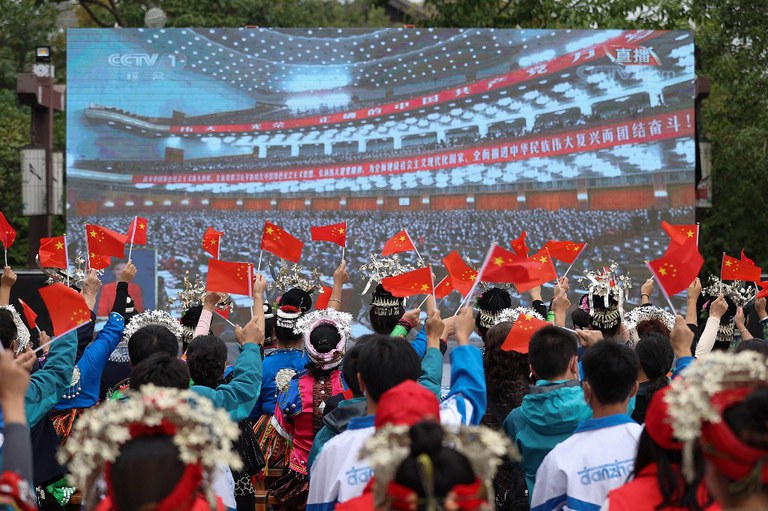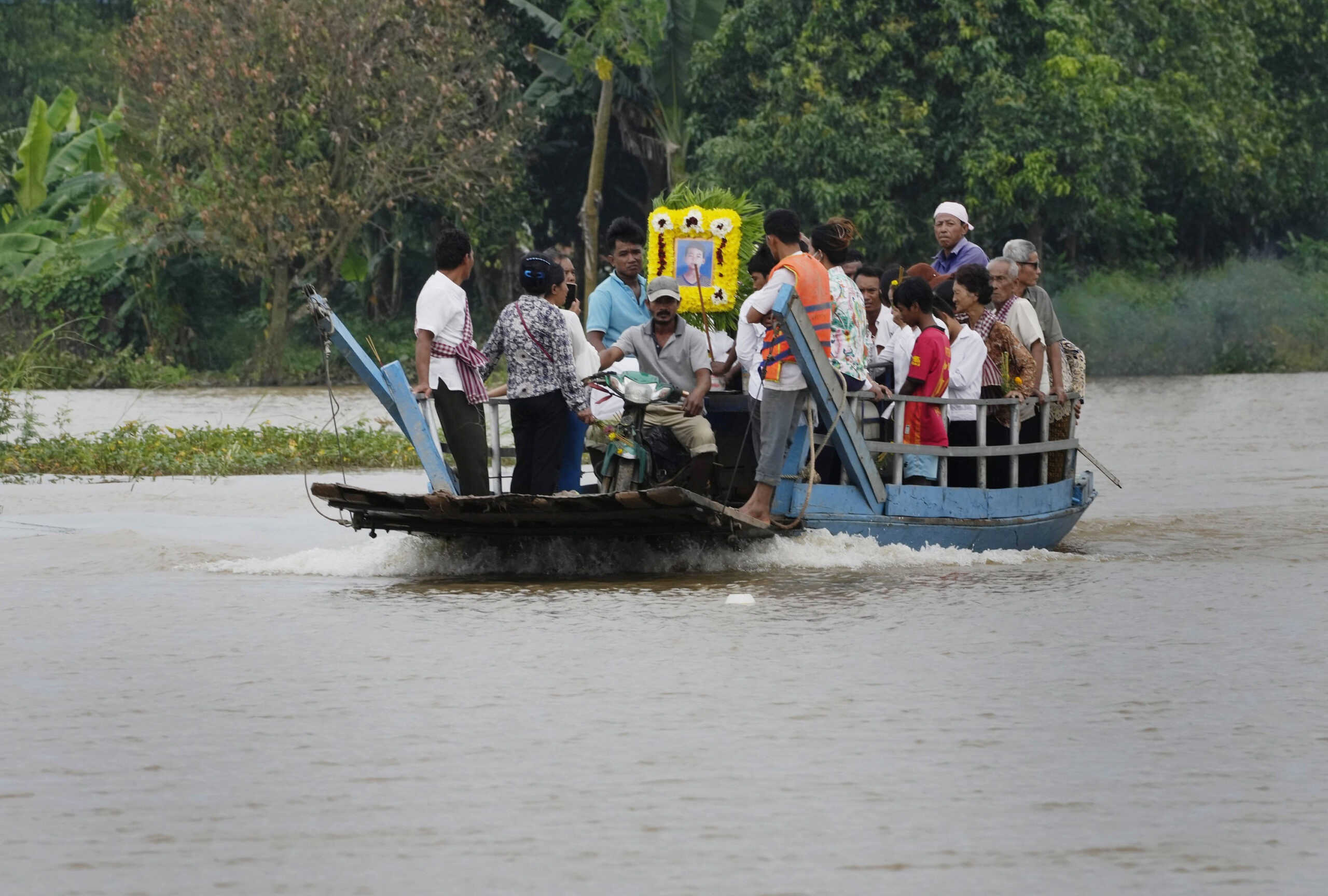Cambodia opposition supporter shot as Hun Sen threatens to jail opponent
A supporter of Cambodia’s Candlelight Party was shot dead in Tbong Khmum province over the weekend, the latest in a series of attacks on the opposition in a year of local elections and campaigning for 2023 parliamentary voting, his wife and supporters said Monday. Candlelight Party’s vice-chairman Thach Setha told RFA that he could not yet conclude whether the killing Sunday of Po Hin Lean, a 49-year-old father of three, was a political assassination. He urged authorities in the province’s Orang Ov district to conduct a prompt investigation. “A clear investigation must be conducted to catch the perpetrators and bring them to justice, to stop such killing whether it happens to political activists or [ordinary] people,” said Thach Setha. Police chief On Sam On of Chak commune, where Po Hin Lean lived, refused to provide any details on the case when contacted by RFA Khmer. Orang Ov authorities were not available and provincial police chief Mon Meakara hung up the phone after receiving a call from RFA. “Who shot my husband?” asked Wen Kimyi, the victim’s wife. “The police officer said the village security guard was the shooter. I said it was not the village security guard who fired, because the village security guard did not have a gun. The policeman said he had a gun, so he did not talk to me further,” she added. This year has seen a rise in violent attacks targeting activists and supporters of the Candlelight Party, an opposition party that emerged this year from the ashes of the Cambodian National Rescue Party (CNRP), which was banned and dissolved by the country’s supreme court in 2017. In April, during campaigning for June local elections, Candlelight Party candidate Khorn Tun was attacked by unidentified men who threw rocks at her home in Tabaung Khmom province, while Prak Seyha — a party youth leader for Phnom Penh’s Kambol district — was attacked and beaten by a mob. Those incidents followed the death of Phnom Penh Candlelight candidate Choeun Sarim, who was attacked from behind and killed in traffic while traveling by motorbike, following threats and assaults. The latest attack came a day before Prime Minister Hun Sen threatened to arrest opposition leader Sam Rainsy, who has lived in exile in France since 2015, the moment he returns to Cambodia. Sam Rainsy, 73, was sentenced in absentia in March 2021 to 25 years in jail for what supporters say was a politically motivated charge of attempting to overthrow the government. Speaking at a graduation ceremony for students at a university in Phnom Penh on October 17. Hun Sun said he would “eliminate the three generations of the ideology of the contemptible traitor [Sam Rainsy]…but I will not kill you.” Hun Sen, who has ruled Cambodia since 1985, was responding to recent remarks by Sam Rainsy criticizing the strongman’s plans to appoint his son, Hun Manet, as his replacement. “I believe there will be strong opposition to Hun Sen’s transfer of power to his dynasty. We want a succession of young Cambodians who are capable and accomplished, but we do not want a succession of clans in a family that is above everyone else and that has the right to rule Cambodia forever, ” Sam Rainsy said in a video. Sam Rainsy and other exiled members of the CNRP have tried to return to Cambodia on several occasions. The acting CNRP leader tried to return on Nov. 9, 2019 to lead nonviolent protests against Hun Sen, urging Cambodian migrant workers abroad and members of the military to join him. However, his plan to enter Cambodia from Thailand was thwarted when he was refused permission to board a Thai Airways plane in Paris. Score of CNRP activists were arrested and jailed in the aftermath. “The CNRP is still determined to return to Cambodia as long as there is an opening from Hun Sen, but in fact he does not dare to open up the way for Sam Rainsy and CNRP leaders to return to Cambodia as he did in the past,” said Oum Sam An, a former CNRP lawmaker. Translated by Sok-Ry Som. Written by Nawar Nemeh.







